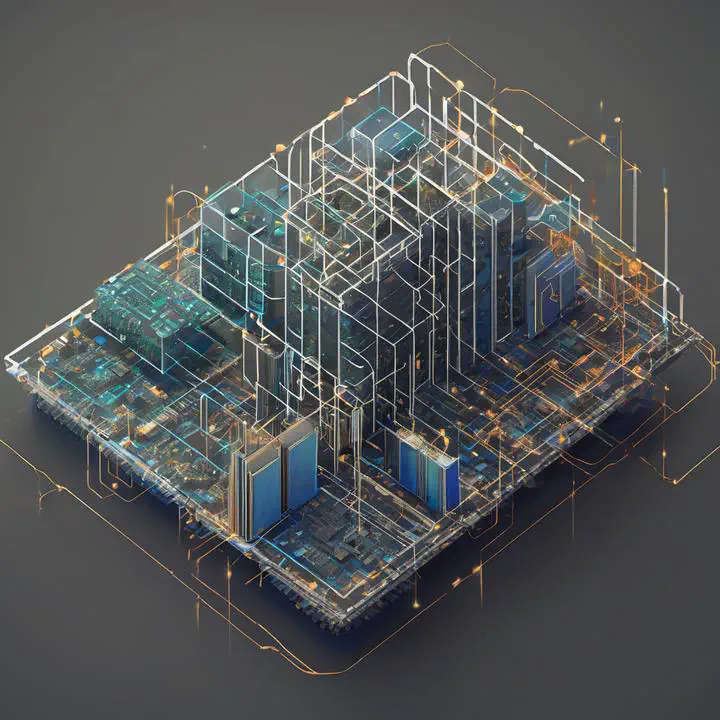Synthesis Augmentation with Genetic Algorithms Poster Session
 Image credit: Pixl
Image credit: PixlAbstract
The von-Neumann architecture has a bottleneck which limits the speed at which data can be made available for computation. To combat this problem, novel paradigms for computing are being developed. One such paradigm, known as in-memory computing, interleaves computation with the storage of data within the same circuits. MAGIC, or Memristor Aided Logic, is an approach which uses memory circuits which physically perform computation through write operations to memory. Sequencing these operations is a computationally difficult problem which is directly correlated with the cost of solutions using MAGIC based in-memory computation. SAGA models the execution sequences as a topological sorting problem which makes the optimization well-suited for genetic algorithms. We then detail the formation and implementation of these genetic algorithms and evaluate them over a number of open circuit implementations. The memory-footprint needed for evaluating each of these circuits is decreased by up to 52% from existing, greedy-algorithm-based optimization solutions. Over the benchmarks evaluated, these modifications lead to an overall improvement in the efficiency of in-memory circuit evaluation of 128% in the best case and 27.5% on average.
Use the pdf button at the top of the page to view the poster.